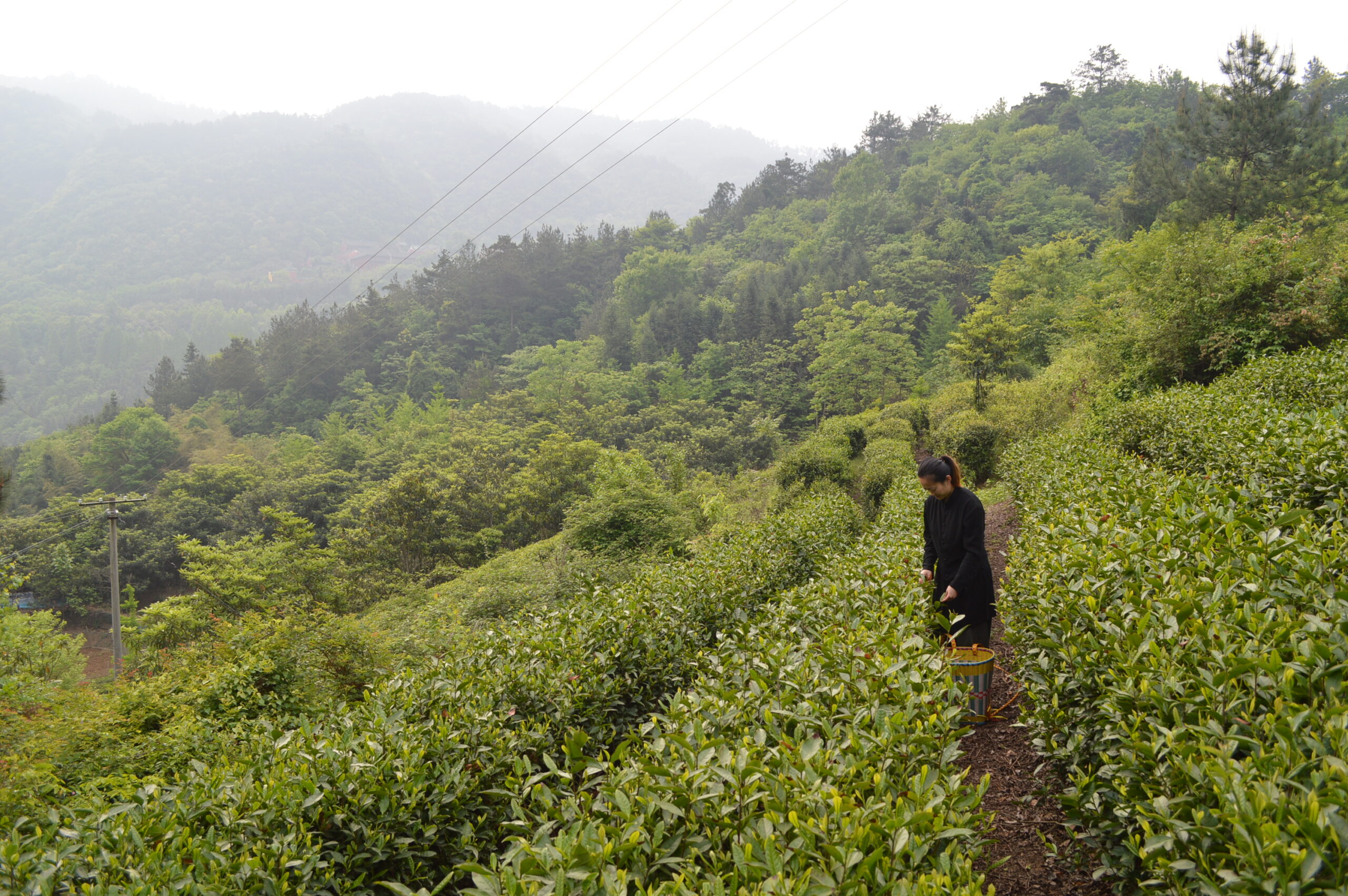Description
To book our online workshops, just contact us in advance to book the time.
Due to the requirements during the recent epidemic, if you need to visit our teahouse in the near future, please contact us in advance to book the date and provide relevant real-time epidemic prevention certificates.
Tea’s bitterness can clear the heart, Qin’s low and deep sounds can calm the mind down “茶苦可清心,古琴低沉可静心“, playing Qin (Guqin), tasting tea… several tea friends listen to the dialogue between Qin and tea, tuning Qin, boiling water and infusing tea. In a certain sense, there are many similarities between these two kinds of treasures with profound cultural heritage. Tea has a very long history, even before the beginning of human civilization, Qin, one of the oldest plucked string instruments in China, it has been popular since the time of Confucius with a history of more than 4000 years. Because Qin music style belongs to the quiet, virtual quiet, deep quiet, and so on static beauty. This is why Guqin is most suitable for playing in the dead of night, because such an environment can match the style of Qin music and the artistic conception it pursues. Tea and Guqin have very similar temperament, so in a tea ceremony performance, Guqin is generally chosen. When we clean our hearts, we do not simply drive away the external fatigue, but use Qin, emotion, tea, and Tao to drive away the turbid Qi in our hearts, and then cultivate our body and mind, so as to achieve a truly transcendent spiritual enjoyment. Ancient Chinese literati loved Qin and tea, playing Qin and drinking tea became a vivid portrayal of the life of literati and scholars, both of them can cultivate people’s character, temperament and sentiment, and meditate on Buddhism and Taoism, so as to achieve spiritual enjoyment and personality’s transcendence. Read More
Contact us for an appointment:
Email: info@liu-tea-art.com
Tel.: 0049/51819010891
Address: Immserstr. 22 Alfeld (Leine) 31061 Germany



























